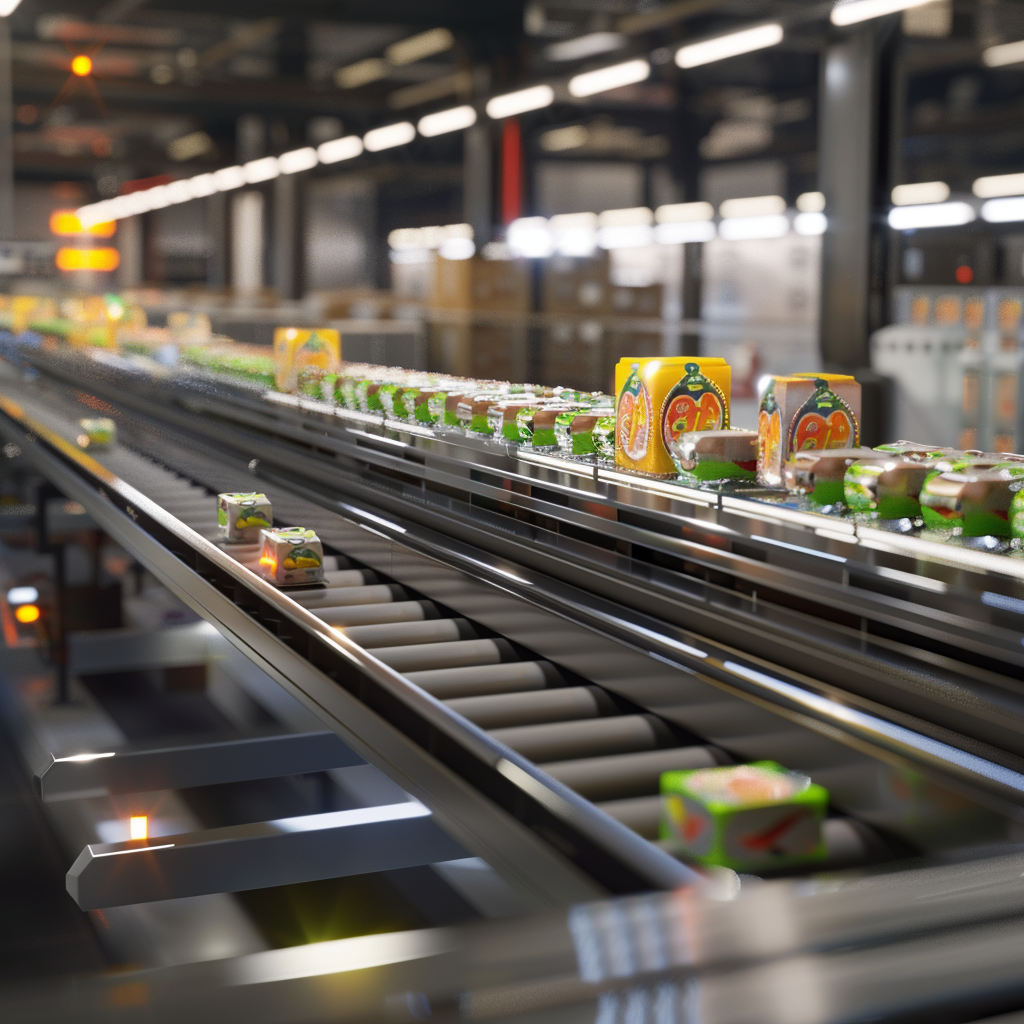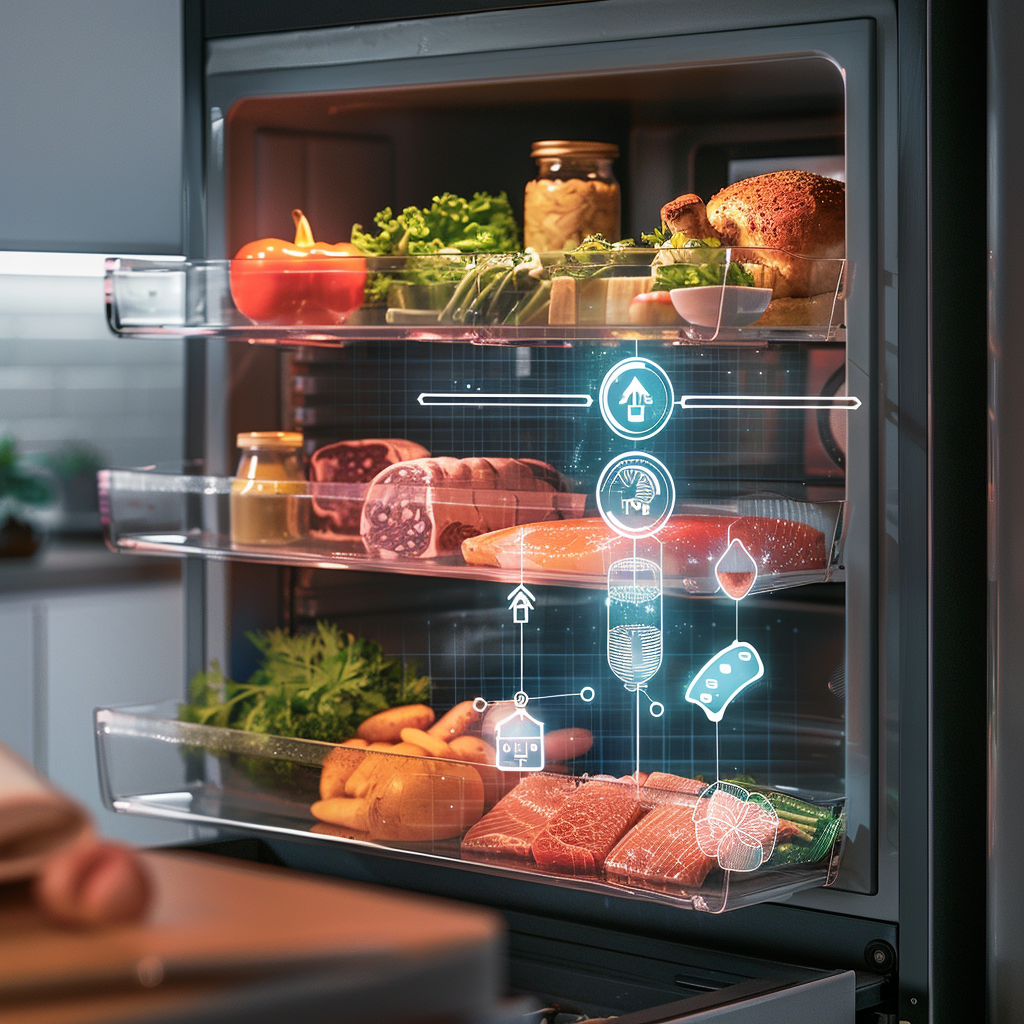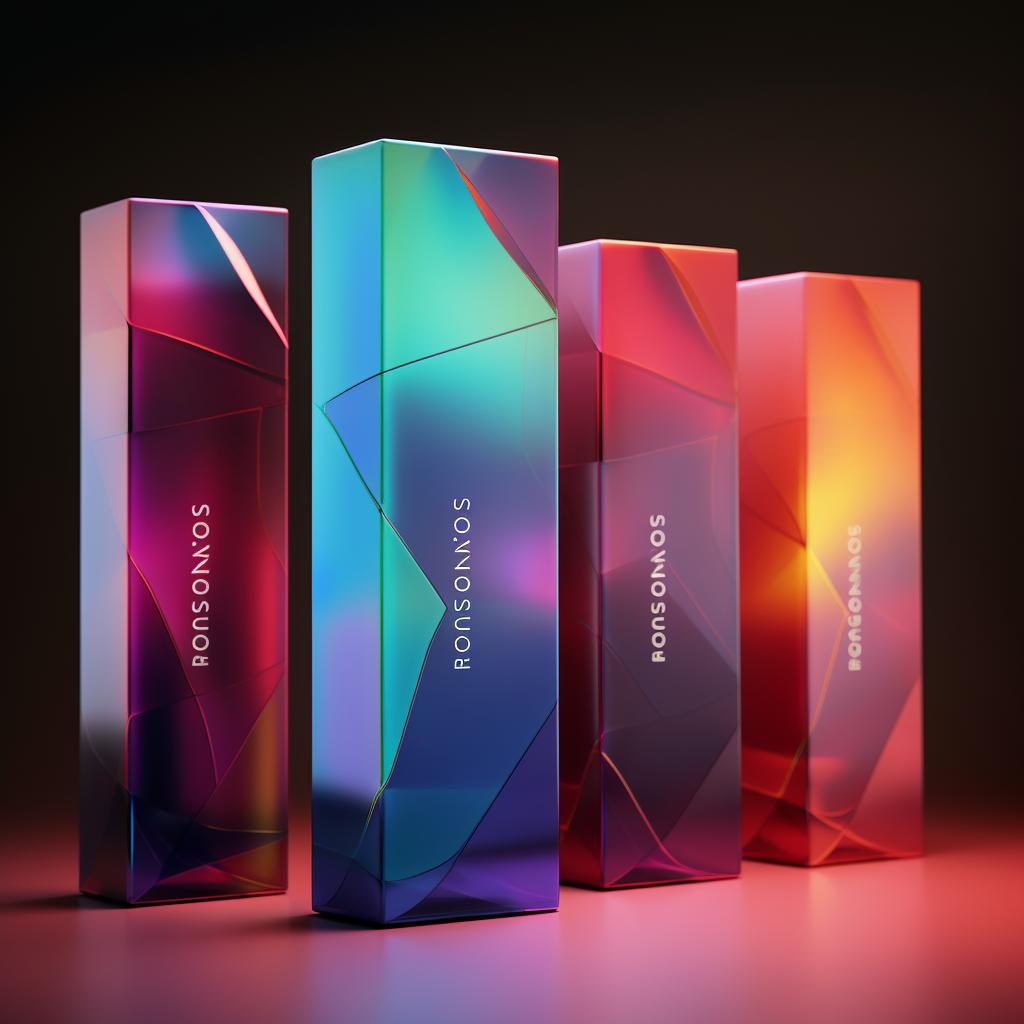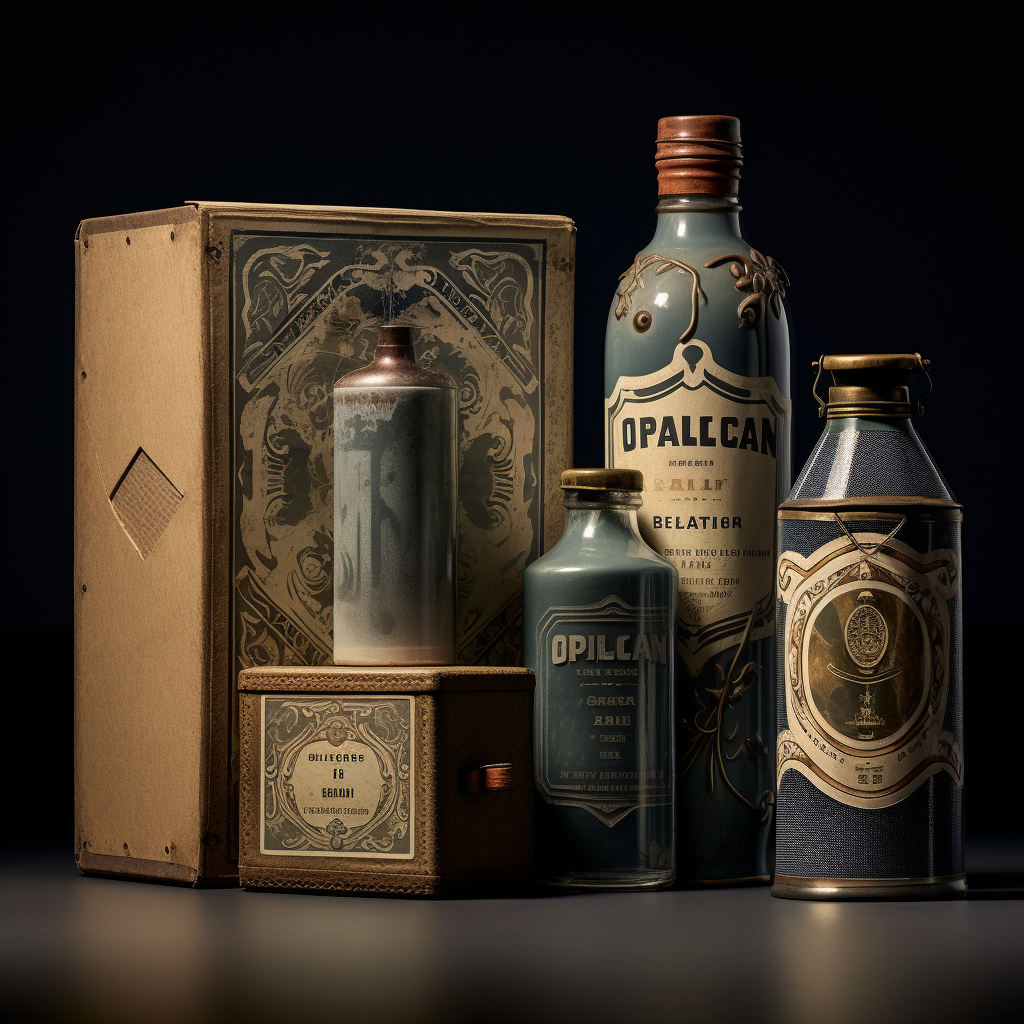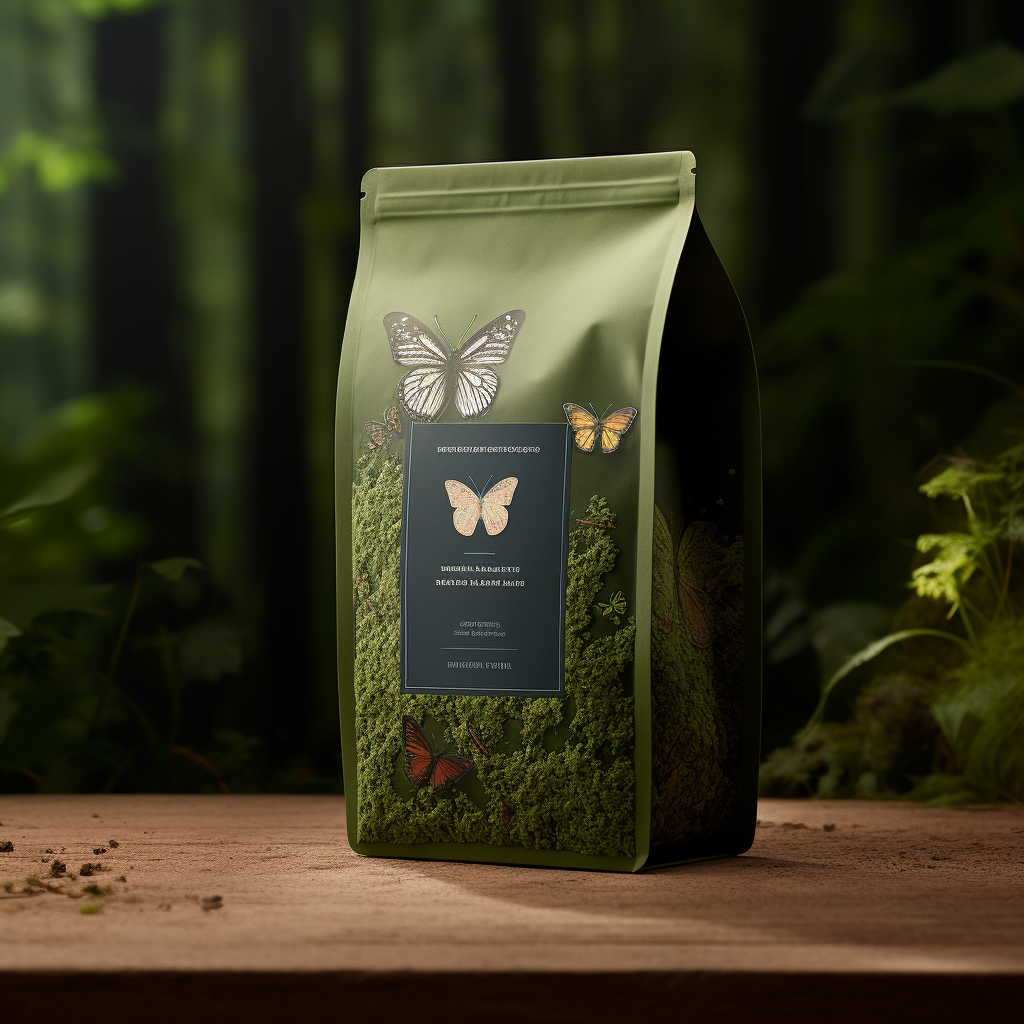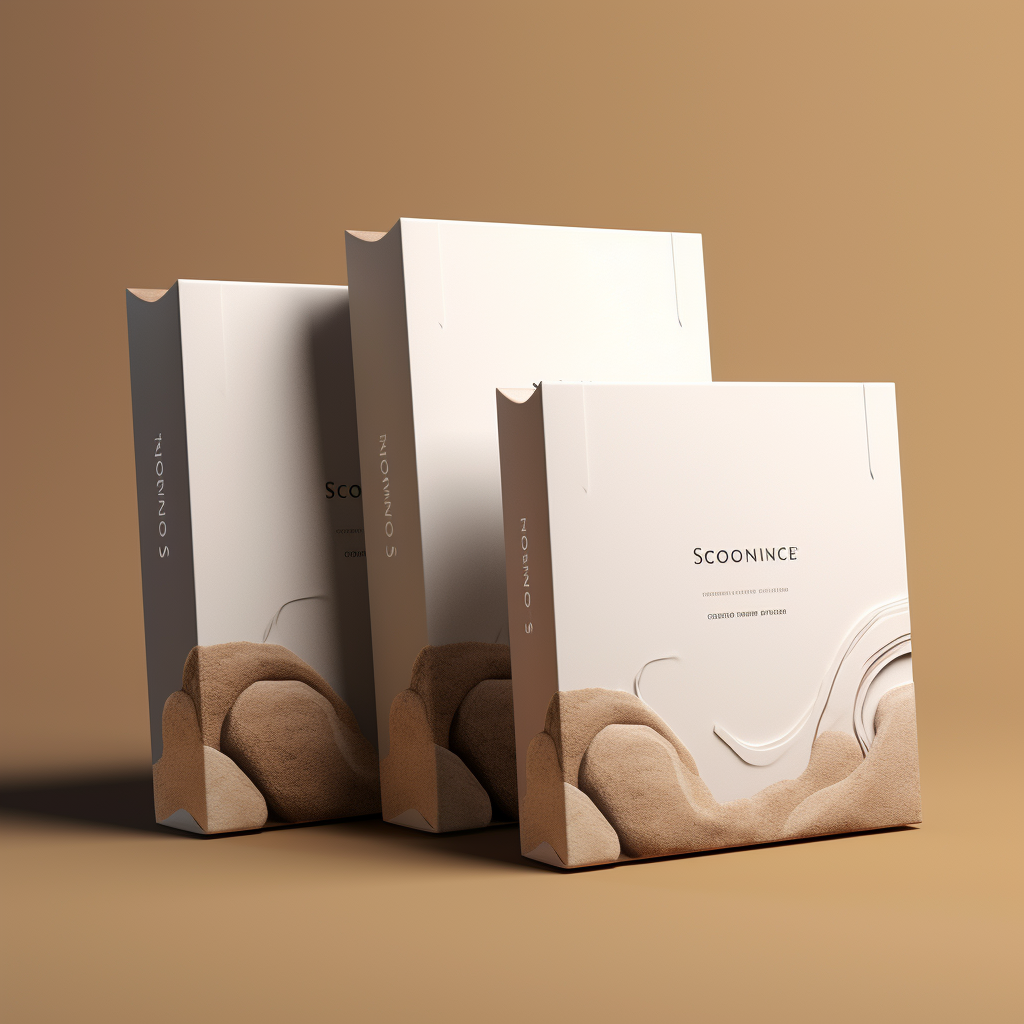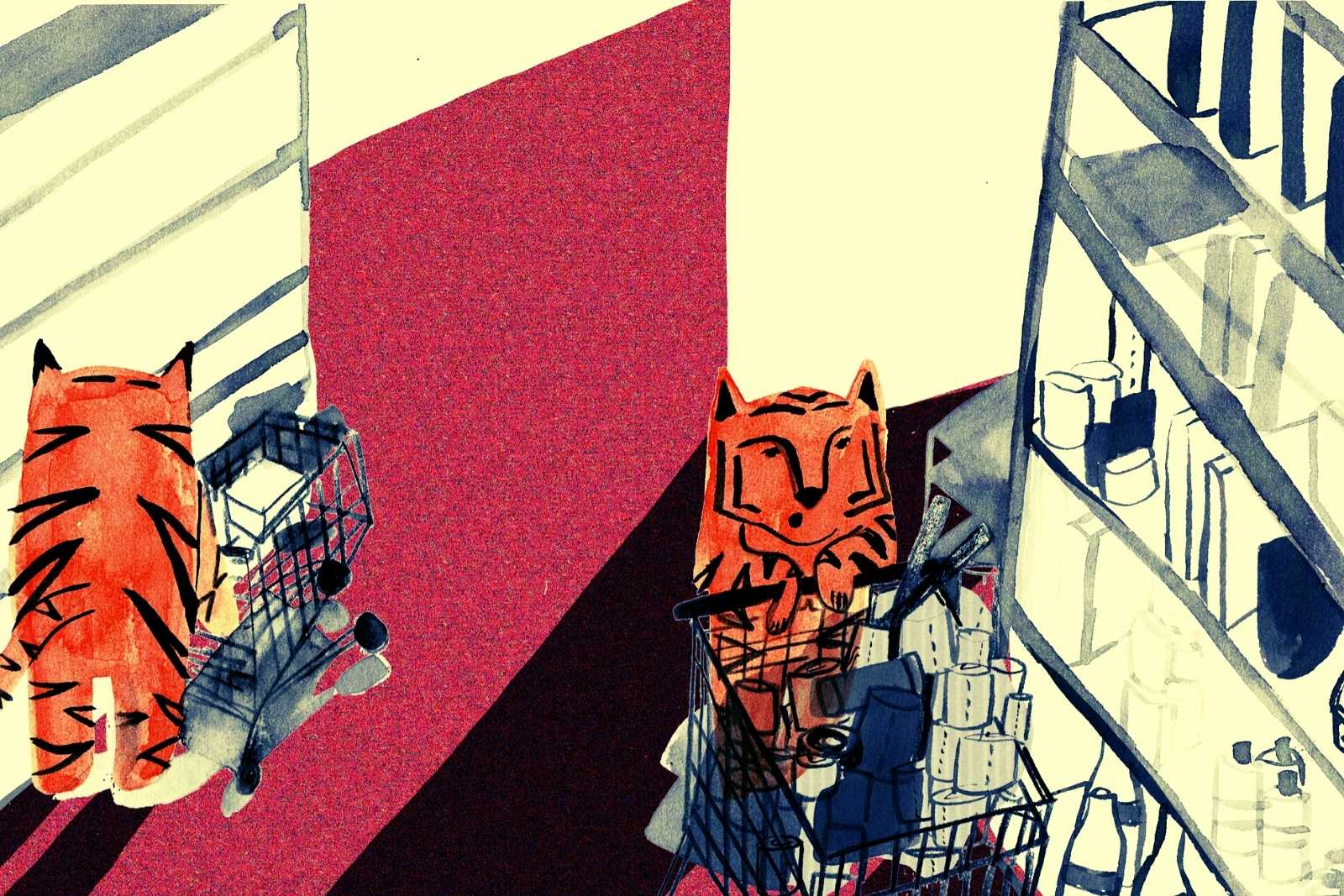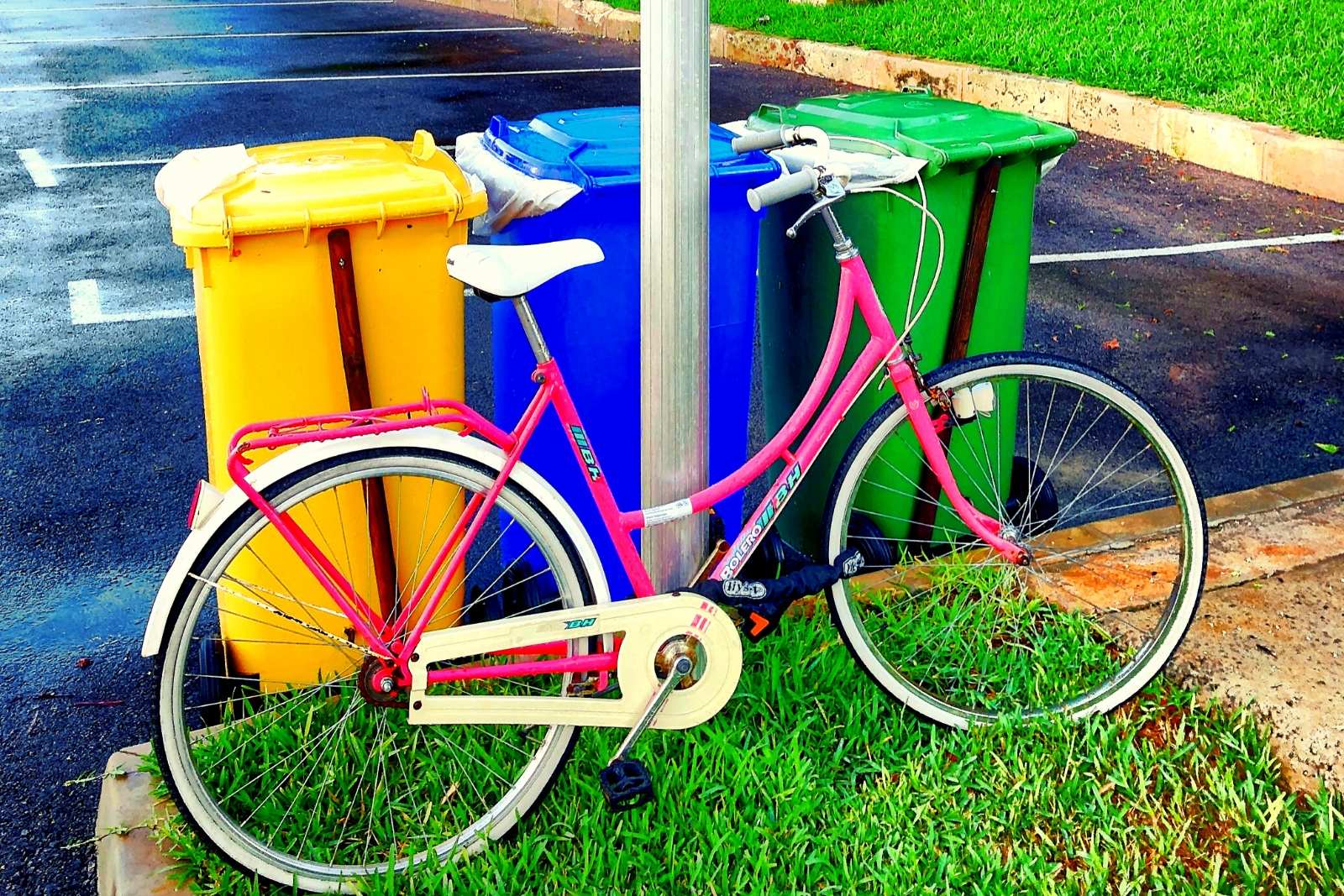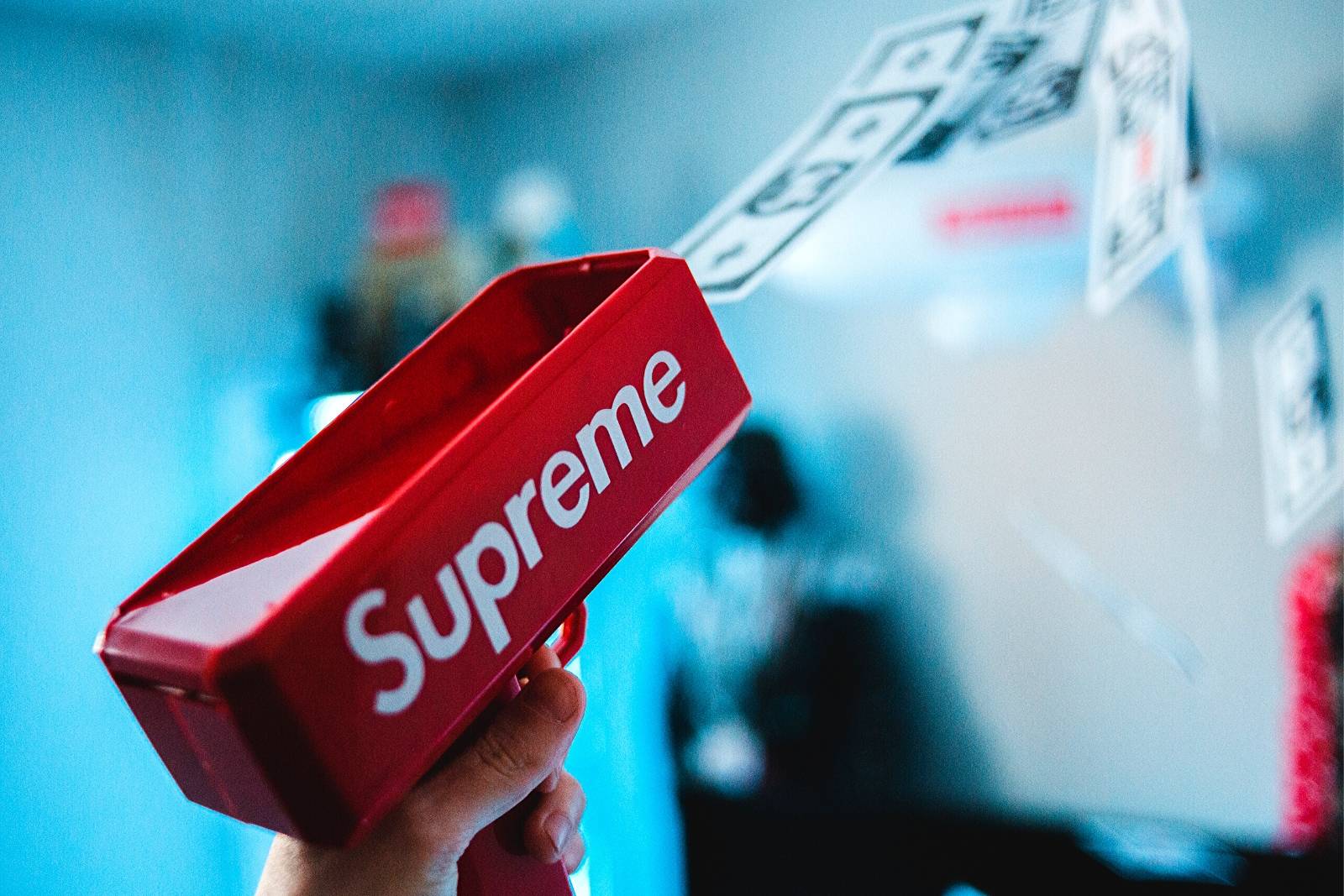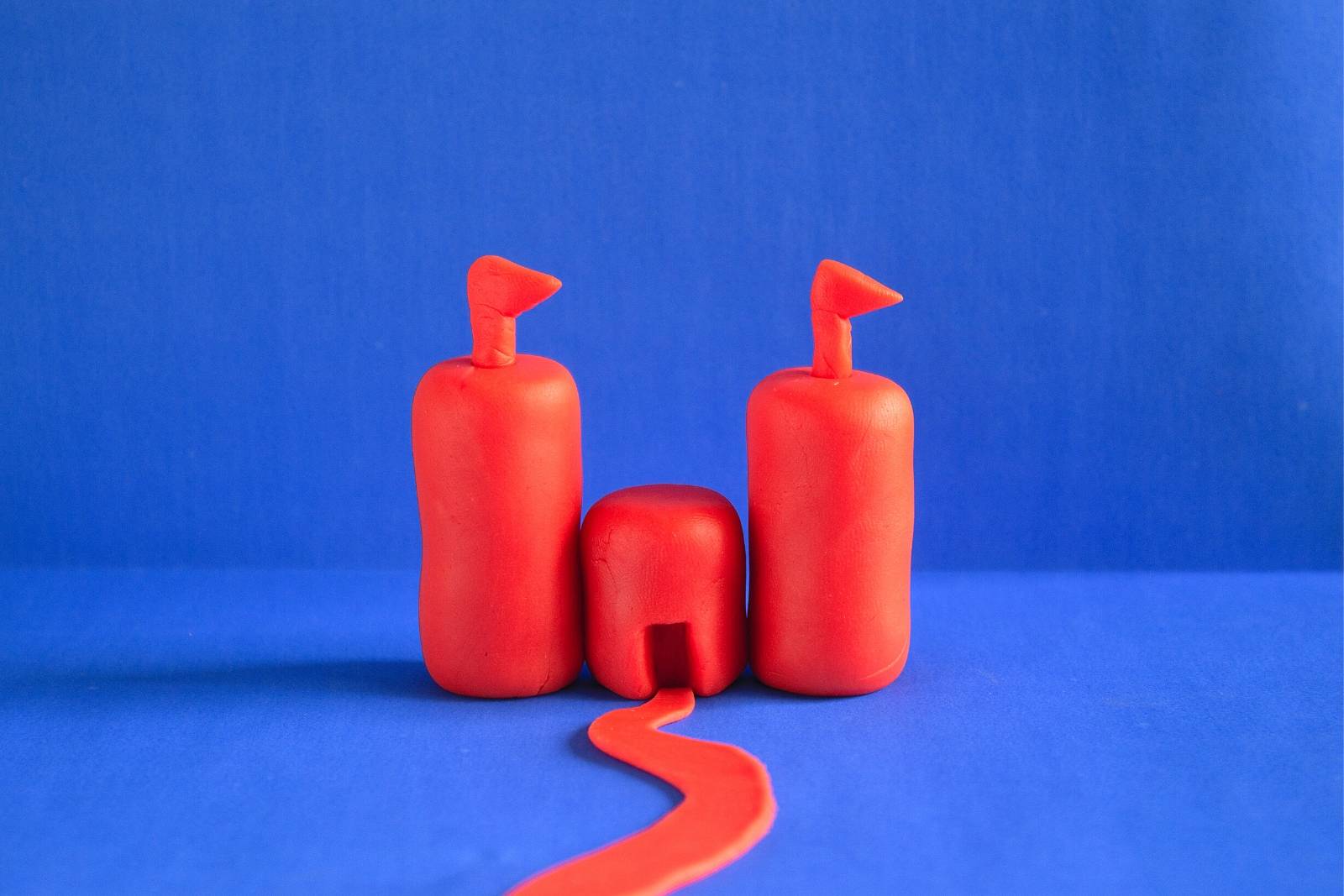

5 Packaging Innovations That Are Changing The Industry
It’s an exciting time to be in the packaging industry. The economy is booming and the demand for innovative packaging solutions has never been higher. Companies pioneering these new technologies are revolutionizing the packaging process and changing the way we do business. Here are a few you should know about.
Lightweight Packaging Conserves Resources
A constantly evolving industry goal has always been lightweighting – packaging of comparable value that costs less and requires fewer materials to produce. These innovations benefit businesses and consumers alike as the savings can improve margins and lead to smaller shopping bills.
Key players in this category include Amcor, Berry Global, and ProAmpac.
A great example of lightweighting is the PET bottle for Vitaminwater. Partnering with Amcor, The Coca-Cola Co. was able to reduce the product’s weight by 15% while improving packaging strength and performance at the same time. Amcor claims this change used 500,000 fewer pounds of resin and reduced CO2 emissions by roughly 1.8M pounds.
Lightweighting has gained favor with consumers over the last few years because of its sustainability benefits and reduced costs. And with continuous advancements in manufacturing and design, this trend shows no signs of slowing down.
Smart Packaging Creates Interactive Brands
Technology has made inroads into every area of our lives and packaging is no exception. New high-tech add-ons can be used to monitor everything from product freshness and package integrity to delivering unique content and improving the customer experience.
A good case study of this technology comes from IoT vendor Inductive Intelligence. Their innovative product is used with paper, plastic, glass, foil or metal to create one-of-a-kind packaging that can be heated or used to transmit data.
When placed on a special base unit, the Inductive Intelligence packaging authenticates wirelessly and heats to the correct temperature automatically – faster and more efficiently than in a microwave. Using just the right amount of power for each application, this technology saves energy and reduces the need for separate serving containers.
But it doesn’t stop there – smart packaging serves as a marketing tool as well.
By embedding QR codes, RFID tags, or NFC technologies on product labels, the shopping experience takes on a whole new meaning. Using their smartphones, consumers can quickly scan these labels and gain access to product-specific content like:
- Recipes
- Ingredient sourcing
- Nutritional information
And let’s not forget the opportunity to promote brand loyalty through rewards programs or in-store discounts.
Modern consumers are tech savvy and look for the same kind of intelligence in the products they buy. Being the first to offer these kinds of add-ons puts organizations in a more favorable light with consumers. It also makes products memorable and more likely to stand out amongst the competition.
Digital Printing Levels the Playing Field
High-quality printing has typically been reserved for big brands and their subsidiaries, but that’s no longer the case. Companies like ePac are disrupting the packaging industry by offering fast, print to demand service for startups and small companies. These on-demand services eliminate excess inventory and can include customized content and variable imaging on final products.
An ideal setup for small to mid-sized companies with short-run, high-change over assets that want to compete in established markets. Currently serving niches such as confections, pet food, and organic snacks, ePac’s advanced packaging and printing options allow most any organization to look like an established powerhouse CPG.
Edible Packaging Improves How We Eat
Consumers are clamoring for packaging that’s ultra-portable and environmentally friendly. Not surprisingly, food packaging providers are experiencing unprecedented yearly growth. According to industry estimates, this segment expects to see a CAGR of 5.2% over the next 10 years with nearly $360 Billion in revenue.
One of the hottest trends in food storage is edible packaging.
Imagine, having all the ingredients necessary for a tasty meal pre-portioned in safe, ready-to-eat containers. Simply drop the ingredients into hot water, cook, and serve. Sounds like science fiction, but it’s happening today.
Companies like Monosol and WikiCell are designing food-grade packaging that’s shelf-stable and ready to eat. Contents are wrapped in water-soluble membranes that dissolve when cooked. Odorless, tasteless, and transparent, these plant-based containers are revolutionizing the way people cook and eat.
Besides being affordable, edible packaging virtually eliminates the need for plastic.
Products like these are easy to scale, provide safety and consistency for consumers, and are good for the environment. Brand names like Whole Foods and Stonyfield dairies are already on board with others expected to join in soon.
Other non-edible food packaging options are seeing major advancements also.
Companies like Sealed Air and Mondi are designing products to maximize food shelf-life and enhance freshness. Not only do these new barriers provide excellent safety and security, but many include eco-friendly biodegradable options as well. All at prices that are comparable to (or below) traditional materials.
Non-Stick Packaging Eliminates Waste
Although not as heralded as their food specific counterparts, non-stick packaging solutions are shaking up the industry also. Companies like Liquiglide and Orkla are teaming up to produce containers featuring non-stick coatings that reduce waste and improve the customer experience.
Liquiglide’s “permanently wet” solution ensures every last drop of product is harnessed from Orkla’s bottles and bins. That means no more struggling to get the last few dollops of mayo or ketchup out of the bottle. Or scraping remains from the paint can to finish up your project.
A gentle squeeze is all it takes to get consistent, predictable results each and every time. Besides reducing the “frustration” factor, Liquiglide’s proprietary solution provides a number of other desirable benefits:
- Easier recycling – since ingredients don’t stick to the container, less water is needed to clean items before disposal.
- Reduced waste – every drop of product is used with nothing left behind. Fewer resources are required for creation and transport as compared with comparable items.
- Consistent dosages – even pressure means no overflows when a container is full or struggles when close to empty.
- New designs and innovations – containers need not be a certain size or shape any longer – items flow just as easily from one design to the next.
- Entertainment – free-flowing contents are entertaining (especially for kids) and may promote healthy habits like brushing teeth and using mouthwash.
The Liquiglide product is odorless, tasteless, and created from FDA-approved materials. Which makes it suitable for many different applications. While food and consumer products have been the initial proving grounds, the company is also looking into industrial and healthcare applications as well.
Elmer’s glue recently incorporated this technology into their packaging along with roughly 30 other U.S. companies not far behind.
Conclusion
With advancements in technology, materials, design and printing, packaging innovations are happening every day. Forward-thinking companies are creating packaging solutions that cut costs, reduce waste, and improve the environment. Consumers are taking notice and rewarding these brands with their shopping dollars.
Naturally, with a strong growth outlook and high-demand for qualified talent, starting a career in packaging has never looked better. Jobs are plentiful and so are the opportunities to advance. Packaging executives with the right skills and experience are leading the charge and creating solutions for the next generation and beyond.
What other innovations or brands do you think are changing the industry?
Leave a comment below and let us know!
Chase & Associates – We Have Your Back
PACKAGING INNOVATOR?
Blog updates, epic whitepapers, and much more.


